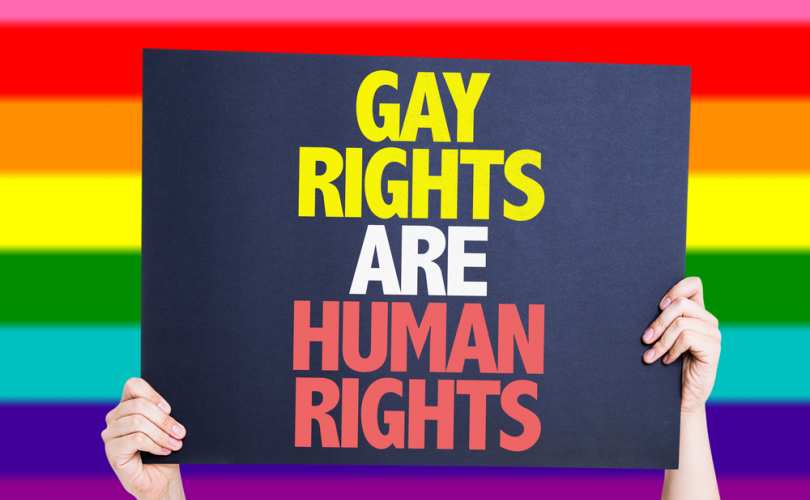The Arkansas Supreme Court has struck down Fayetteville’s ordinance, citing there is no specific LGBT protections under the state law.
In this day and age, one would think that equal rights is culturally inherent. Employers are unable to discrimination based on race, sex, religion, national origin, physical disability, and age. A growing body of law is also seeking to include sexual orientation. The diversity of our nation’s melting pot is what enables innovation and nurtures development and promotes change. However, unfortunately, this concept has yet to be accepted by all government bodies.
The purpose of Arkansas’ Act 137, known as the Intrastate Commerce Improvement Act, is “ensuring that businesses, organization, and employers doing business in the state are subject to uniform nondiscrimination laws and obligations.” Basically, the law seeks to ensure that all businesses are abiding by the same nondiscrimination regulations, and treating their employees equally.

Fayetteville, Arkansas, is an especially liberal area in the state, and more specific legislation was established in the city, which has been identified as “An Ordinance To ensure Uniform Nondiscrimination Protections Within The City of Fayetteville For Groups Already Protected to Varying Degrees Throughout State Law.” Fayetteville believe that LGBT individuals, which make up the majority of its population, should be included as a group of citizens protected.
However, the Arkansas Supreme Court has struck down this specification, citing there is no specific LGBT protections under the state law and the city’s interpretation takes the state’s version out of context. The city has fired back that three other state statutes, including anti-bullying legislation, the Arkansas Domestic Peace Act and the Vital Statistics Act have all been established to protect this group, so their ordinance is within the citizens’ legal rights. The anti-bullying statute protects students or public school officials from being bullying based on many factors, one of which is sexual orientation. The Arkansas Domestic Peace Act protects members of the LGBT community from being discriminated against by domestic abuse shelters and other resources. And, the Vital Statistics Act allows an individual to modify his or her birth record in the event of a sex change. Each law has been established by the state and is inclusive of the LGBT community.

The Arkansas Supreme Court unanimously ruled that the state’s version “violates the plain wording of Act 137 by extending discrimination laws in the city of Fayetteville to include two classifications not previously included under the state law.” The Court further claims that the other statutes referenced are “unrelated to nondiscrimination laws and obligations and do not create protected classifications or prohibit discrimination on some basis” and calls Act 137 constitutional.
Fayetteville’s City Attorney, Kit Williams, is prepared to challenge this in the lower court. “They can’t, by not using express terms, accomplish the same result which is truly what their intent was, which was to prevent the city from enacting protections for its gay and lesbian residents,” he says. There are other local statutes and ordinances that were not discussed in the case, but are certainly related and could be considered in making the decision. Eureka Springs, Arkansas, is a gay friendly tourist town that has enacted ordinances prohibiting discrimination against LGBT resort-goers, and the state’s capital, Little Rock, has also taken measures to ensure these individuals’ rights are protected.
Sources:
LGBT protections in city ordinance struck down by Arkansas Supreme Court
Arkansas Supreme Court strikes down city’s LGBT protections


Join the conversation!